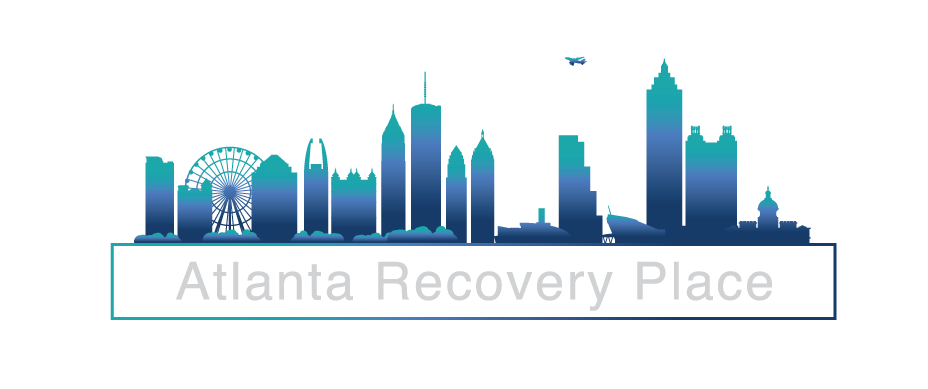When an individual receives a dual diagnosis, it can be overwhelming and scary. Many are left wondering how to address their multiple mental health concerns safely and holistically. For individuals searching for treatment for dual diagnosis and depression, this might seem like an impossible task. To learn more about dual diagnosis depression treatment centers in Georgia, speak with a recovery specialist today.
However, Atlanta Recovery Place is here to guide you through dual diagnosis treatment. Our evidence-based outpatient treatment center is designed to support individuals through the ups and downs of treatment for dual-diagnosis disorders. In addition, our Georgia addiction recovery center is designed to provide treatment for drug and alcohol addiction through flexible intensity programs designed around the client’s needs.
What is Dual Diagnosis?
Dual diagnosis is the occurrence of two mental health disorders simultaneously. In this sense, an individual with a substance use disorder and a co-occurring mental health disorder would be described as having a dual diagnosis.
In fact, more than half of persons with a severe mental illness also have a substance use disorder. Dual diagnosis is sometimes referred to as co-occurring disorders or comorbidity.
What is the Importance of Dual Diagnosis Treatment?
Dual-diagnosis treatment increases the odds of successful recovery for both disorders. When an individual receives treatment for one or the other, it can directly impact the severity of the other condition, but it does not address the root concern. Dual diagnosis treatment is especially important for individuals with co-occurring use disorders because of the impact that substance use has on an individual’s mental, physical, and emotional health.
Individuals who enter dual diagnosis treatment can access supportive healthcare models that address their total wellness.
How to Treat Dual Diagnosis Disorders?
Because dual-diagnosis disorders often directly impact and worsen each other. Individuals with comorbid substance use disorders must enter treatment that addresses both concerns.
Often it is most beneficial for clients to enter an inpatient substance-abuse program with a dual diagnosis focus. Clients in this type of care facility have access to mental and physical healthcare professionals that are aware of how mental health disorders directly impact one another.
What Are Common Dual Diagnosis Disorders?
Common dual-diagnosis disorders include mood, personality, and anxiety disorders. They can be addressed through typical therapeutic treatments and additional medication-assisted treatment.
Mood disorders, like depression, can be worsened by substance abuse or be the cause of it. For example, individuals who use opioids or become addicted to alcohol or a greater risk of a major depressive episode because alcohol of yours are depressants that slow down and inhibit the body in that way.
Substance abuse can dramatically increase symptoms and changes in the mind when an individual has a personality disorder. For example, clients who have bipolar disorder and substance use disorder can experience more intense mood swings and more severe highs and lows.
Lastly, anxiety disorders are one of the most common dual diagnoses for individuals with substance use disorders. Narcotics, stimulants, hallucinogens, and benzodiazepines can impact anxieties. In addition, the loss of control associated with the high or the crash following directly affects an individual’s personal anxieties.
Are There Dual Diagnosis Depression Treatment Centers in Georgia?
While there are dual-diagnosis depression treatment centers across Georgia, individuals with depression must find a treatment program specifically designed to treat their substance use and mood disorders.
Because an individual with depression is at a higher risk for suicidal ideology and attempts, it is recommended that individuals with depression and a comorbid substance use disorder attend inpatient treatment to be safe throughout the treatment and recovery process.
At Atlanta Recovery Place, our multiple pathways for recovery success provide clients with opportunities to regain a sense of normalcy through long-term recovery.To find depression counseling in Atlanta, contact ARP today.





